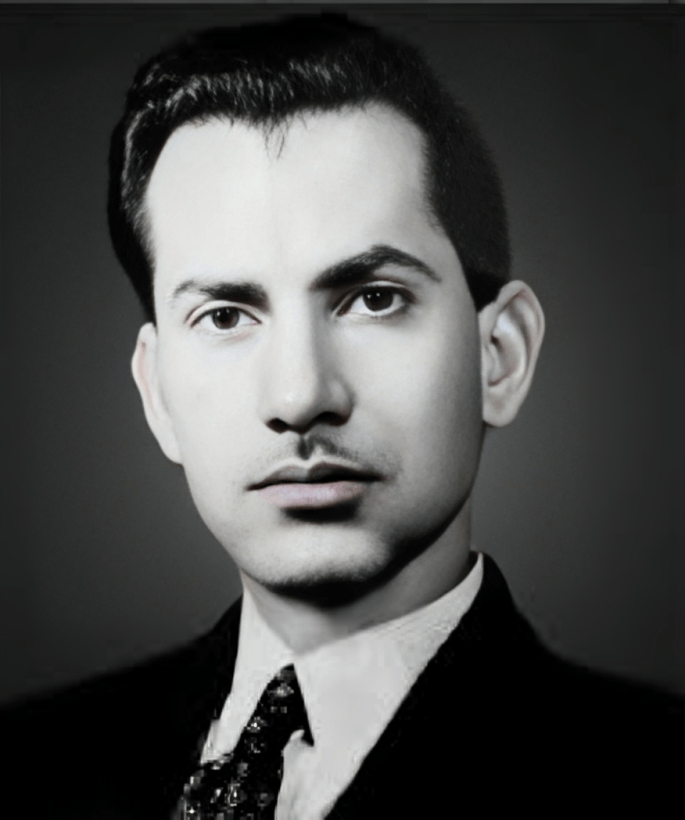Sardar Muhammad Ibrahim Khan was born on 10th April 1915 at a village Hunamara near Rawala Kot. He received his primary education from his native village. He passed his BA in 1935 from Islamia College Lahore and went abroad for higher studies in 1938. After he obtained degree of Bar-at-Law from Lincoln Inn, he started practicing law at Sirinager. In 1943 he was appointed as a public prosecutor in Mirpur and later joined the office of the State Advocate General in the state of Jammu and Kashmir. Sardar Ibrahim resigned from this office and participated in the elections for the State Assembly in 1947. He won the election with an overwhelming majority. Later he established Azad Muslim Conference.
At that time Mahraja Hari Singh had imposed ban on public meetings and political activities in Jammu and Kashmir. On 19th July 1947 Sardar Ibrahim called the meeting of general assembly at his residence where a resolution was unanimously passed for the accession of the State to Pakistan. He also declared Jihad for the achievement of his goal. Thereupon the Dogra Raja turned against him and therefore he instantly left the state and moved to Murree. In Murree, he strove to gather ammunition from the private individuals and organizations. With the help of fellow Kashmiris he launched ‘Jihad’ against the Maharaja and after a long and vigorous fight, he defeated the forces of Maharaja on 24th October 1947 and laid the foundation of independent state of Azad Kashmir. As first President of Azad Kashmir he was invited by the United Nation to brief the session of the General Assembly on the situation in Kashmir.
Under the leadership of Sardar Muhammad Ibrahib the annual session of the All Jammu and Kashmir Muslim Conference was held at Kotli in 1954, and a resolution was moved for the establishment of a proper Legislative Assembly in Azad Kashmir. From then onwards he and his lieutenants kept trying to achieve their goal. Finally it was during the Yahya Khan’s regime that Azad Kashmir Legislative Assembly was formed. Sardar Ibrahim was elected as the president of Azad Kashmir for the second time on April 13, 1957 and for the third time on June 5, 1975.
Sardar Ibrahim was very close to Zulfiqar Ali Bhutto and formed Azad Kashmir as a chapter of Pakistan Peoples Party. In 1977 Zia-ul-Haq dissolved the government of Bhutto and allowed Sardar Ibrahim to continue as president provided he gave up support Bhutto. But Sardar Ibrahim refused to betray his bosom friend Bhutto. The result was the removal of Sardar Ibrahim from the office of the president through a proclamation issued by General Ziaul Haq as Chairman of Azad Jammu and Kashmir Council on October 30, 1978. Sardar Ibrahim still retained his reputation and was re-elected for the fourth time as the President of Azad Kashmir in August 1996. He remained in the office till August 2001.
Sardar Ibrahim, who played a vital role in the politics of Azad Kashmir from the day one has now restricted his political activities due to the age factor.
This article was last updated on Friday, Jan 04, 2008






